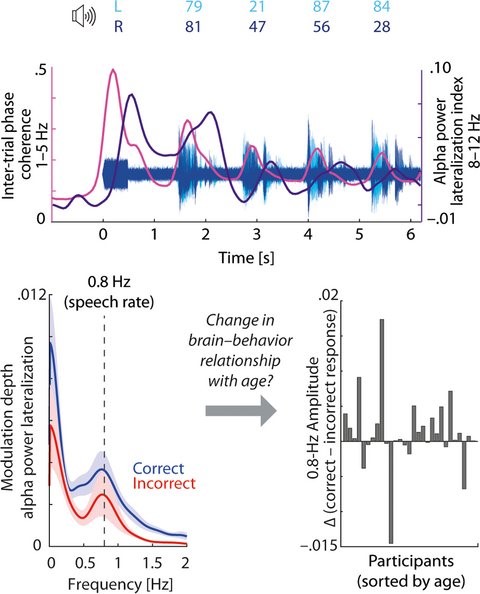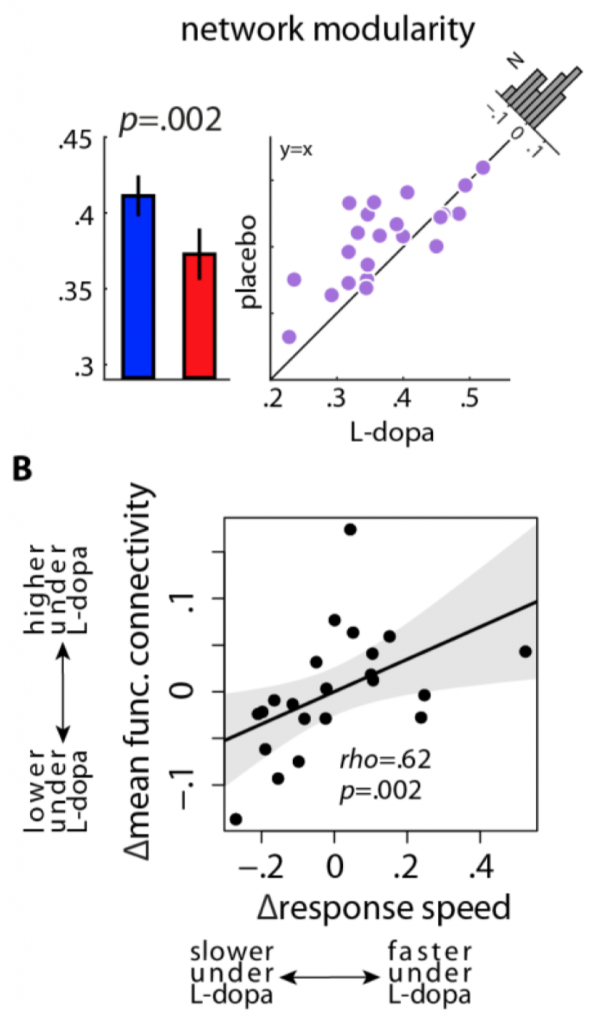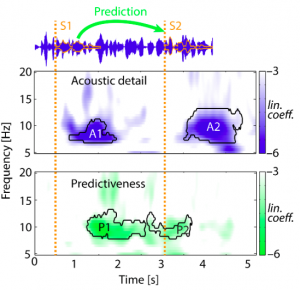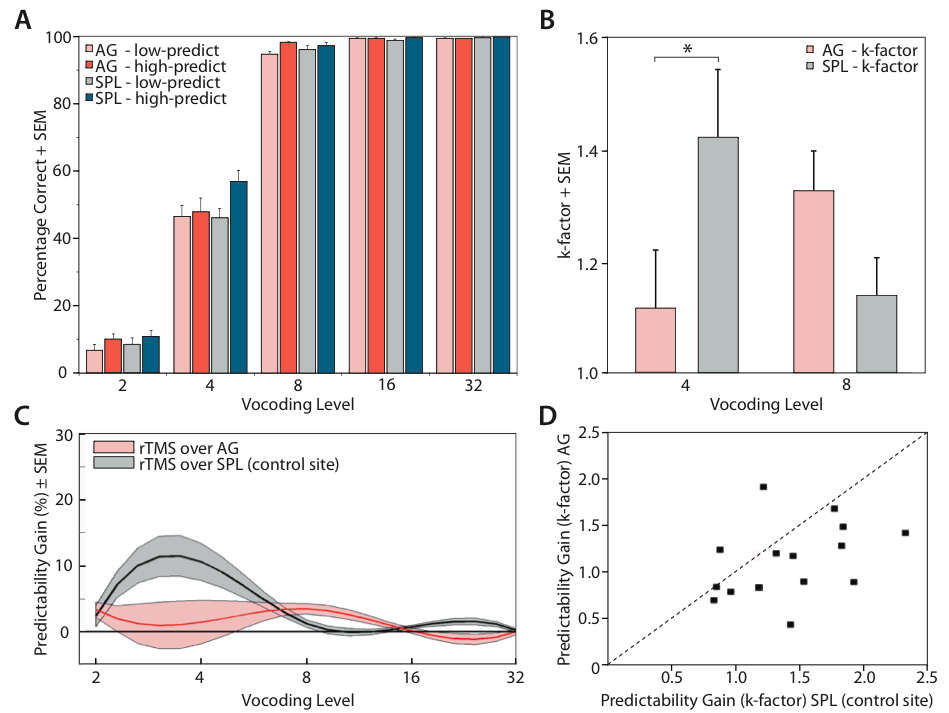Jonas and the lab are happy and thankful to announce a new research project funded by Sivantos, Erlangen. We are looking very much forward to a renewed collaboration with the audiological science team around Ronny Hannemann, beginning in October 2019.
The three-year project will look into the psychological and neurobiological challenges of attending and ignoring for normal-hearing and hearing-impaired listeners in complex acoustic scenes.




